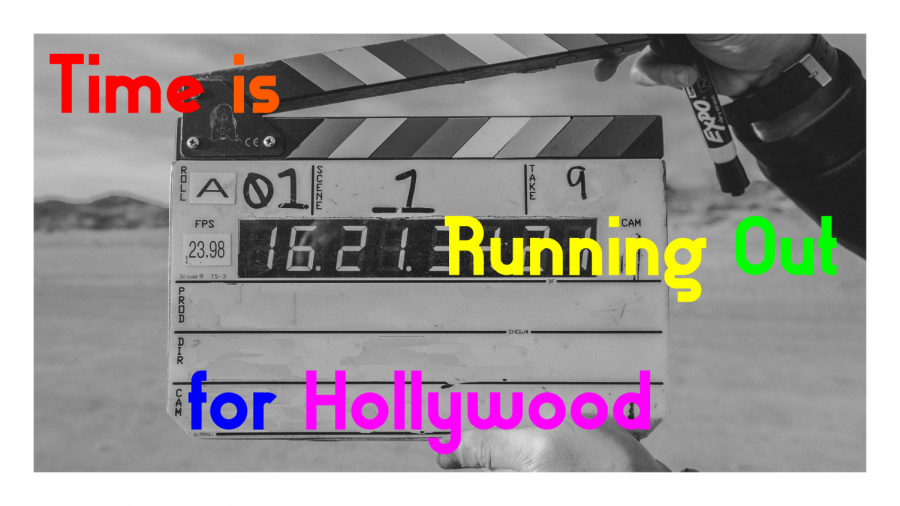Media is a formative part of life for many, and it has been proven to have an effect on how we develop. As we continue to advance as a society, the importance of diversity in media becomes increasingly pertinent. In a world where gay relationships are still illegal, and sometimes punishable by death (in 72 countries) there are still many stereotypes that persist and continue to negatively affect the LGBT community. In the United States, same-sex marriage was not nationally legalized until 2015, only three years ago. In 2016 there was “Moonlight,” a film about a boy named Chiron who grows up in Liberty City while navigating life as a closeted gay individual with a mother who is addicted to crack. In 2018 there was “Love, Simon,” a film about a high schooler named Simon who is hiding his identity from everyone in his life, as he navigates what being gay and coming out means for him. The response that both of these movies created was overwhelming. It touched many people and coined headlines like, “The ‘Moonlight’ Effect” and “‘Love, Simon’ review – coming-out comedy is a landmark teen classic.”
While it is important to have films of this caliber, it is equally important to acknowledge that they are few and far between. “Moonlight,” which came out in 2016 and was directed by Barry Jenkins, it is a story of love, pain and the struggles of learning who you really are. While Barry Jenkins was not gay, he grew up in the same poor Miami area that the main character did while also navigating life as the child of an addict. In an interview with Time, Jenkins talks about the importance of creating media like “Moonlight” for the public: “When you have such a lack of representation, such a lack of images, two things can happen. Either you start to feel like you’re voiceless, or people who don’t live in close proximity to you can conveniently start to think you don’t exist, that you’re invisible.” Jenkins talked about being messaged on social media by strangers who thanked him for bringing the story to life and how they never imagined being able to relate to a film so powerfully.
Like Jenkins, the director of “Love, Simon” is a man named Greg Berlanti who often accentuates the importance of gay media. Berlanti is an openly gay man who discussed the importance of a film like “Love, Simon” for gay people and their representation in mainstream media. In an interview with Gay Times, Berlanti shared that he envisioned this film to be an example of how important representation in Hollywood is for such an underrepresented group. Berlanti highlighted his own experience growing up as a closeted gay man in an era where there was no accessible community and the feelings of disconnect and loneliness he experienced. The stories that these directors are bringing to life are not just moving dramas or romantic comedies, these stories are the lives that some people live. It is important to remember that seeing these films may be entertainment for some, but for others these films can change their lives. So, if these movies can make such an impact on people, why is Hollywood not producing more movies about LGBT issues and promoting LGBT visibility?
The Gay & Lesbian Alliance Against Defamation (GLAAD) came out with a 2017 report about LGBT visibility. The report showed that in 2017 only 58, or 6.4 percent, “were identified as gay, lesbian, bisexual, transgender, and/or queer. This is the highest percentage GLAAD has found in the history of this report.” While this may seem like a high number compared to the 4.5 percent of Americans who identify as LGBT according to Gallup polls, a higher percentage of LGBT characters is needed because there is speculation that the 4.5 percent is not entirely accurate because of the many millennials who now identify as LGBT. This is why movies like “Moonlight” and “Love, Simon” are so important to the LGBT community. We live in a world full of misrepresentation and it can often be cruel to those who do not fit into society’s dense idea of how everything should be. It is crucial to never forget about the people who do not hold the same amount of privilege as some of us. Love won in 2015 with the legalization of gay marriage nationally, and it is time for love to win again in 2018 with an increased exposure for gay media.
Alex Seeman can be reached at: [email protected]



















